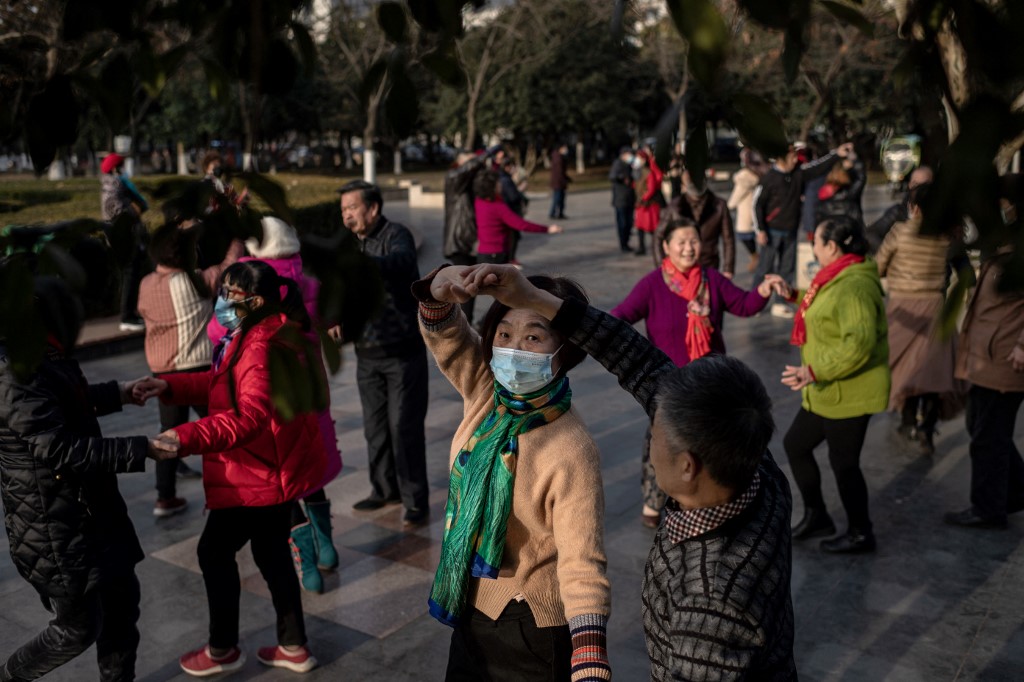(ATF) China has been on a campaign this year to clean up data gathering by commercial apps. Though the government itself collects plenty of data on citizens, other organisations are treading on their toes by data scraping like western-style apps for commercial or even fraudulent purposes.
Now China has even gone as far as banning advertisements on apps designed for the elderly and clamped down on three apps launched by Chinese television this week.
The Ministry of Industry and Information Technology (MITT) says it attaches great importance to the protection of app users’ rights and interests. It has carried out special rectification actions for apps that infringe on users’ rights for two consecutive years.
MIIT has focused on the illegal collection and use of personal information by apps, plus those seen to deceive and mislead users to download them, and data collection under various categories or areas.
As of March 2021, a total of 730,000 apps had been technically tested. And this led to the issuing of 12 batches of external notifications, with orders to rectify 3,046 illegal apps, and the removal of 179 apps whose operators refused to rectify them.
In regard to four apps – Memory Optimization Master, Smart Cleaner, Super Cleaner, and Mobile Phone Manager pro – exposed at a mass consumer event known as the 3.15 Gala of China Central Radio and Television Headquarters this week, the Ministry immediately carried out technical testing to verify that they deceive and mislead users.
Major application stores have been asked to removed the apps for issues such as downloading and handling of personal information in violation of regulations, while communications administrators in Beijing, Tianjin, Shanghai and Guangdong have been told to investigate and deal with the entities involved.
Previously, the MIIT has ordered 300 rectifications, along with 37 public notices, and the removal of three apps found to deceive and mislead users before causing problems after download with mobile phone assistants, memory optimization, and handling personal information in violation of regulations. Officials ordered 75 app models to be rectified, and alerted the public with notices about 20 models, and the removal of one model.
Protecting the elderly
As China pushes to get its 300 million older citizens online, hucksters and misleading apps have led to a high level investigation by the MIIT to protect this more vulnerable group.
The ministry said it attaches great importance to applications for the elderly. This partly stems from an order by the State Council – its “Implementation Plan for Effectively Solving the Difficulties in Intelligent Technology for the Elderly”.
An action plan was launched in January 2021 to help elderly people access the internet. This involved 158 websites and apps commonly used by old people and came in response to problems of “mandatory advertisements that easily mislead the elderly”.
So, apps were modified to ensure they no longer have ad plug-ins.
The Ministry said it wants a ‘people-centred development concept,’ and will build an industry-wide service system that covers basic telecom companies and telecom business operators, internet service providers to strengthen the supervision of the internet, and promote corporate sustainability.
They also plan to improve systems and standards, to protect people’s personal information on mobile apps jointly with relevant departments as soon as possible.
The Ministry said it will continue to adapt internet applications for China’s 300 million elderly people, and help them enjoy “smart” services quickly and safely.
























